BGS to lead new £2.5 million, NERC-funded research project to better understand the lifecycle of lithium
27/11/2020 By BGS Press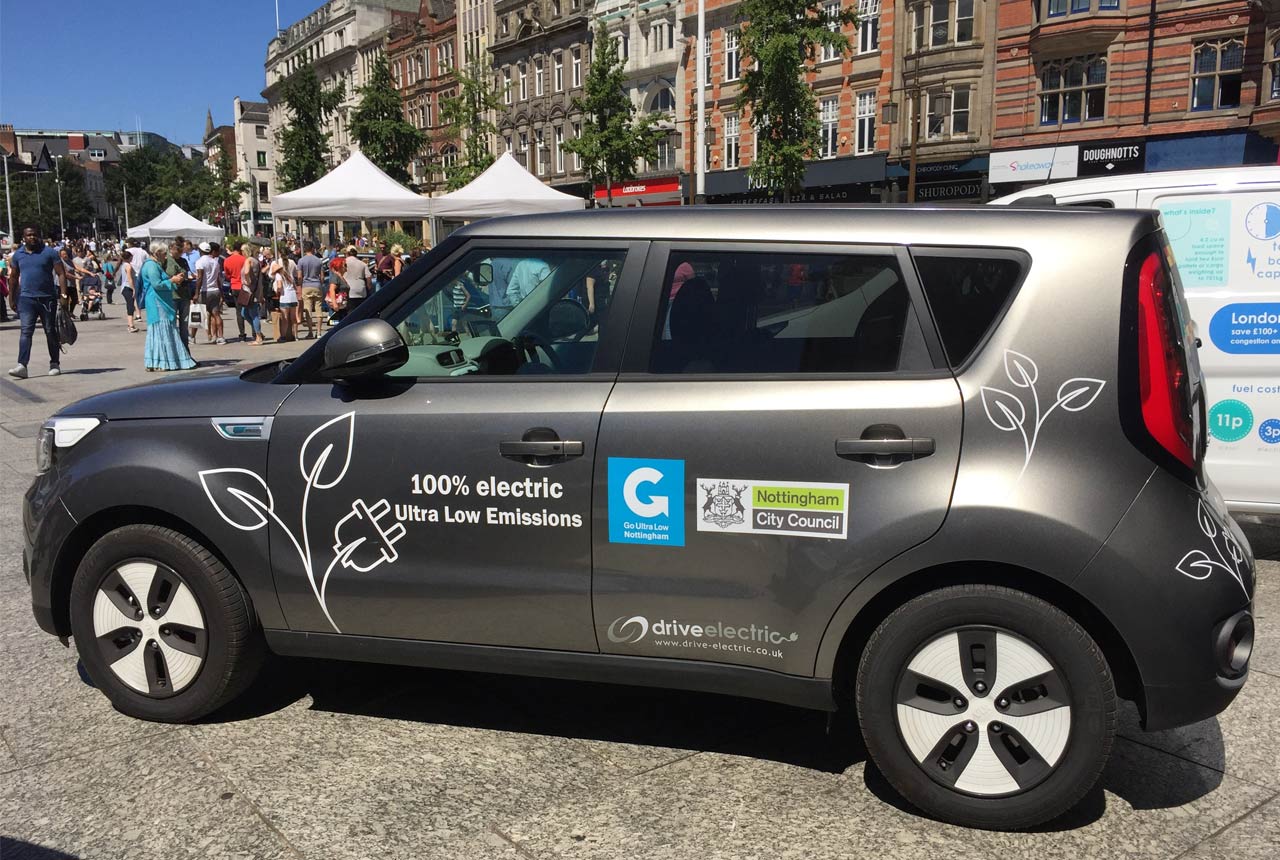
Scientists at the British Geological Survey (BGS) will lead a new £2.5m NERC-funded research project designed to increase our understanding of global lithium resources to support a low carbon future.
The primary aim of the Lithium for Future Technology (LiFT) project is to improve the understanding of geological cycles of lithium, which is an essential component of electric vehicle batteries.
Decarbonisation of energy and transport is one of the major challenges facing the global economy. Recently, this has been emphasised by the UK government’s Ten Point Plan for a Green Industrial Revolution, which has brought the transition to electric vehicles forward, by ten years, to 2030 by ending the sale of new petrol and diesel cars and vans.
Recent lithium forecast scenarios suggest that over five times the current global lithium mine production will be required by 2030, solely to support growth in the electric vehicle sector. This extraordinary growth means that recycling cannot meet the growing lithium demand, and extraction from primary resources will be required.
The LiFT project aims to increase our understanding of the geological processes that concentrate lithium into a range of different types of mineral deposit, from which lithium can be mined in both an economically feasible and environmentally responsible manner. The project will also investigate the environmental impacts of a range of different deposit mining scenarios in order to provide quantitative information for planning and policy decision making.
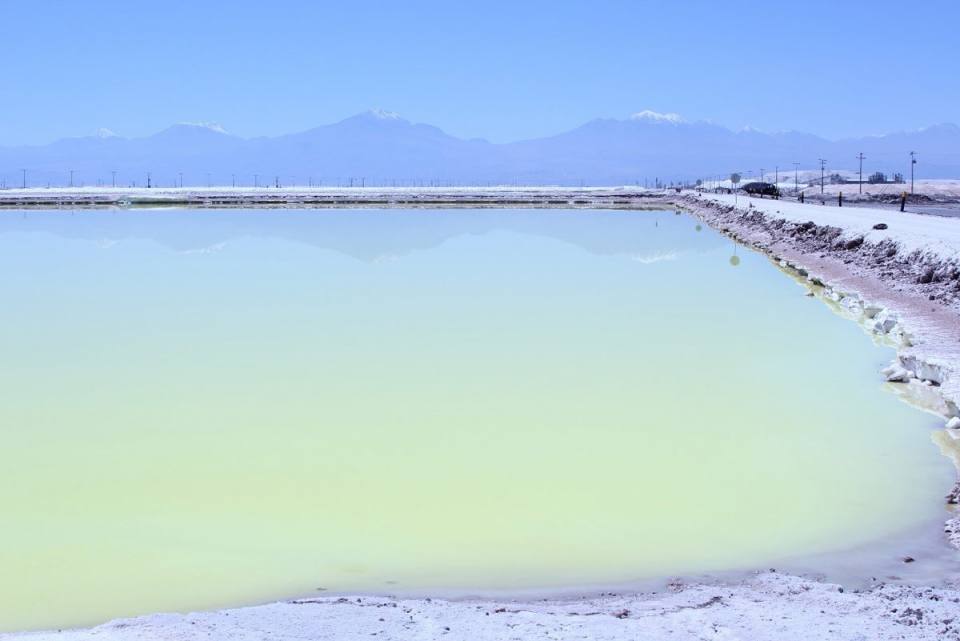
Evaporation pond with concentrated lithium-bearing brine, Salar de Atacama, Chile, which is part of the ‘lithium triangle’ of South America. This photo shows the close geographical connection between the potential lithium-bearing source rocks of the mountains at the edge of the basin, in the distance, and the salt flats and brines at its centre. Image: BGS © UKRI (Andy Butcher)
LiFT will bring together academic partners at the Natural History Museum and the universities of Edinburgh, Exeter, and Southampton, together with a wide range of minerals industry and governmental partners in the UK and overseas.
I’m delighted that we have been awarded a NERC Highlight Topic grant to investigate the processes by which lithium is mobilised and enriched in the Earth’s crust. Lithium is a critical raw material and is essential for the batteries that will drive the electric vehicle revolution, so it’s vital for us to understand our natural resources.
Dr Kathryn Goodenough, BGS Principal Geologist
The project will investigate the ‘life cycle’ of lithium in the Earth’s crust. It is understood that lithium is brought to the Earth’s surface by volcanic eruptions above subduction zones, and that weathering of the volcanic rocks can release lithium into rivers and lakes. The lithium is then laid down in muds and salt deposits that accumulate in these lakes. Over geological time, those deposits may be buried and some will melt to form lithium-rich magmas. The LiFT project will study the processes by which lithium moves through the crust and is concentrated into minable mineral deposits, which will be important for future exploration.
Related news
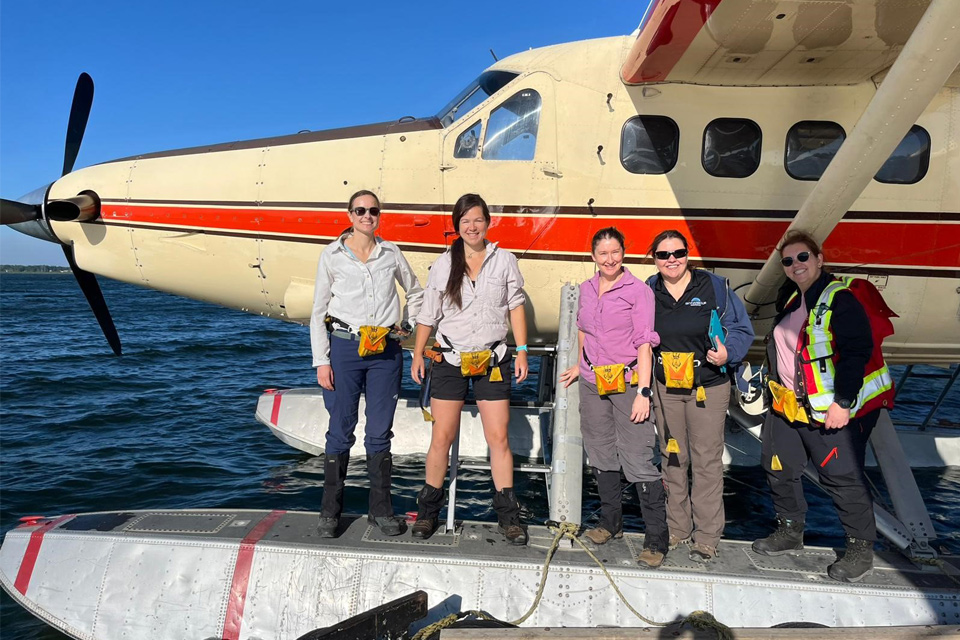
Funding awarded to UK/Canadian critical mineral research projects
08/07/2025
BGS is part of a groundbreaking science partnership aiming to improve critical minerals mining and supply chains.
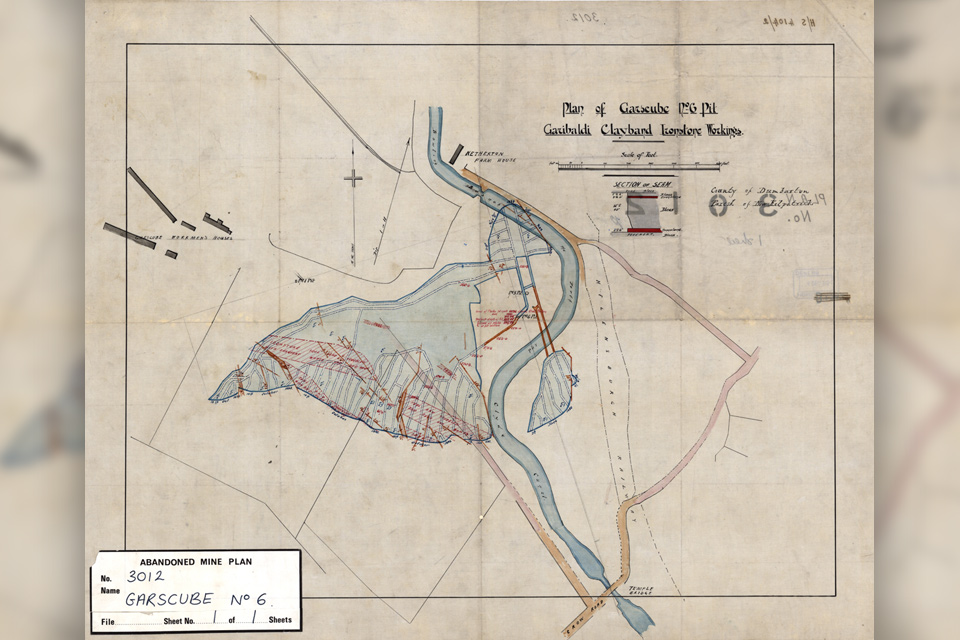
Release of over 500 Scottish abandoned-mine plans
24/06/2025
The historical plans cover non-coal mines that were abandoned pre-1980 and are available through BGS’s plans viewer.
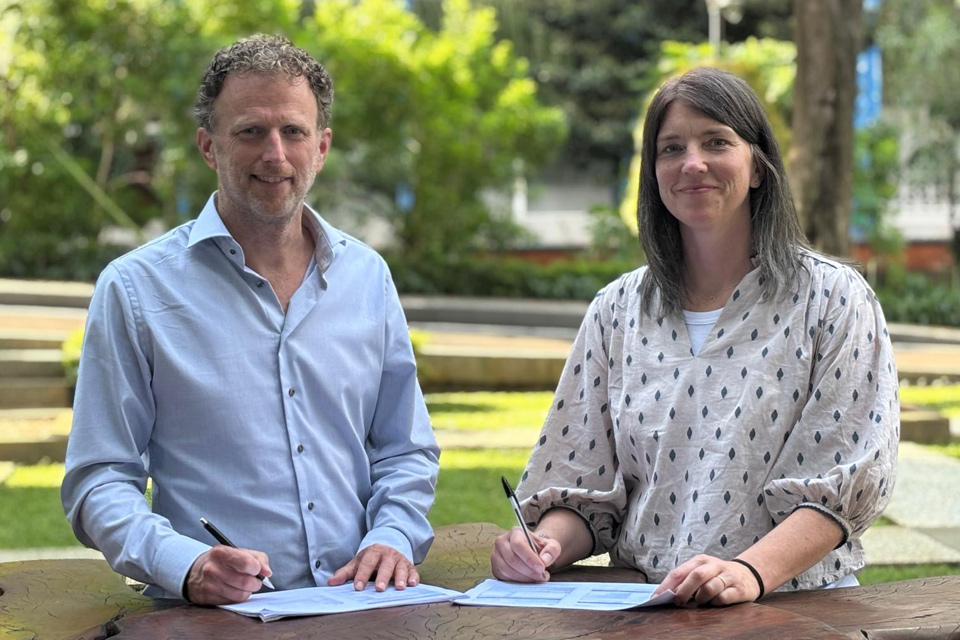
New collaboration aims to improve availability of real-time hazard impact data
19/06/2025
BGS has signed a memorandum of understanding with FloodTags to collaborate on the use of large language models to improve real-time monitoring of geological hazards and their impacts.
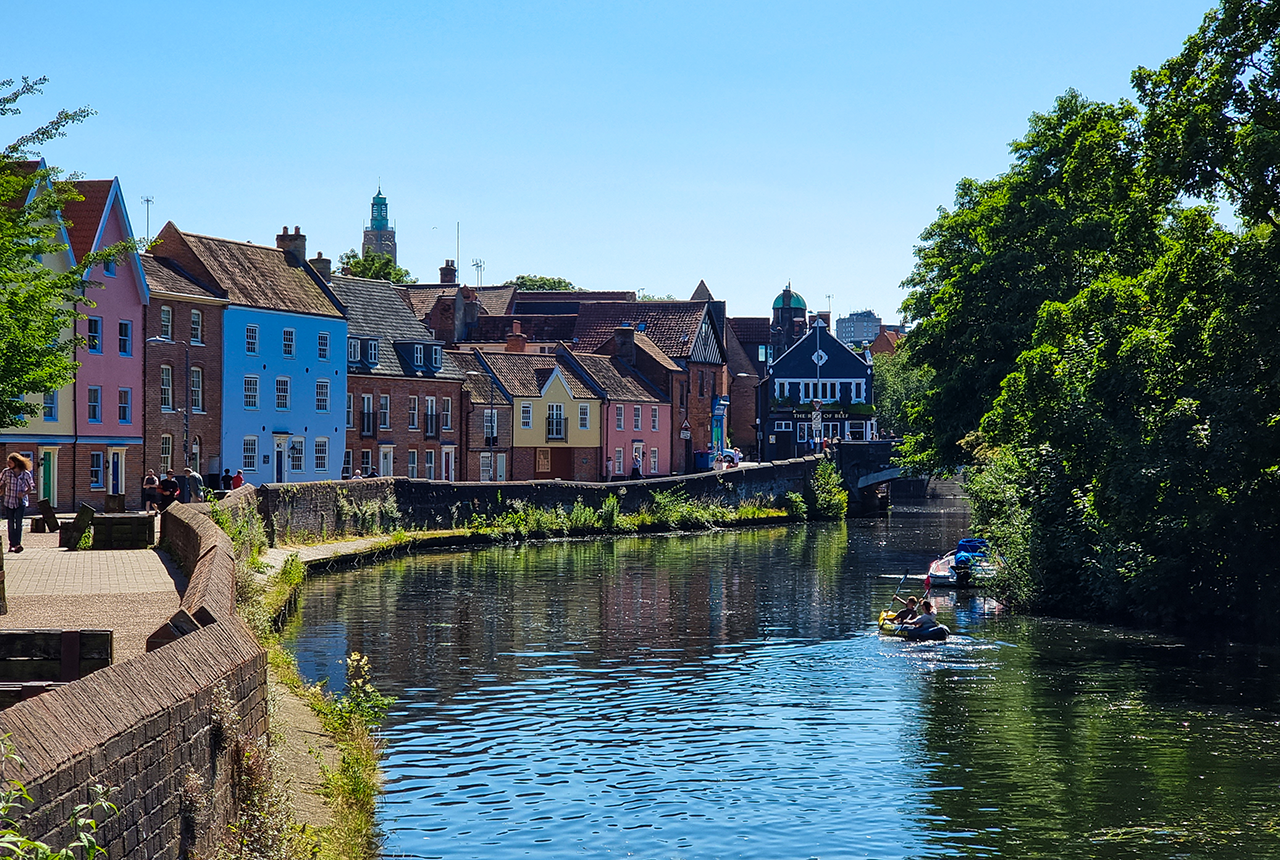
Modern pesticides found in UK rivers could pose risk to aquatic life
17/06/2025
New research shows that modern pesticides used in agriculture and veterinary medicines have been found for the first time in English rivers.

Goldilocks zones: ‘geological super regions’ set to drive annual £40 billion investment in jobs and economic growth
10/06/2025
Eight UK regions identified as ‘just right’ in terms of geological conditions to drive the country’s net zero energy ambitions.
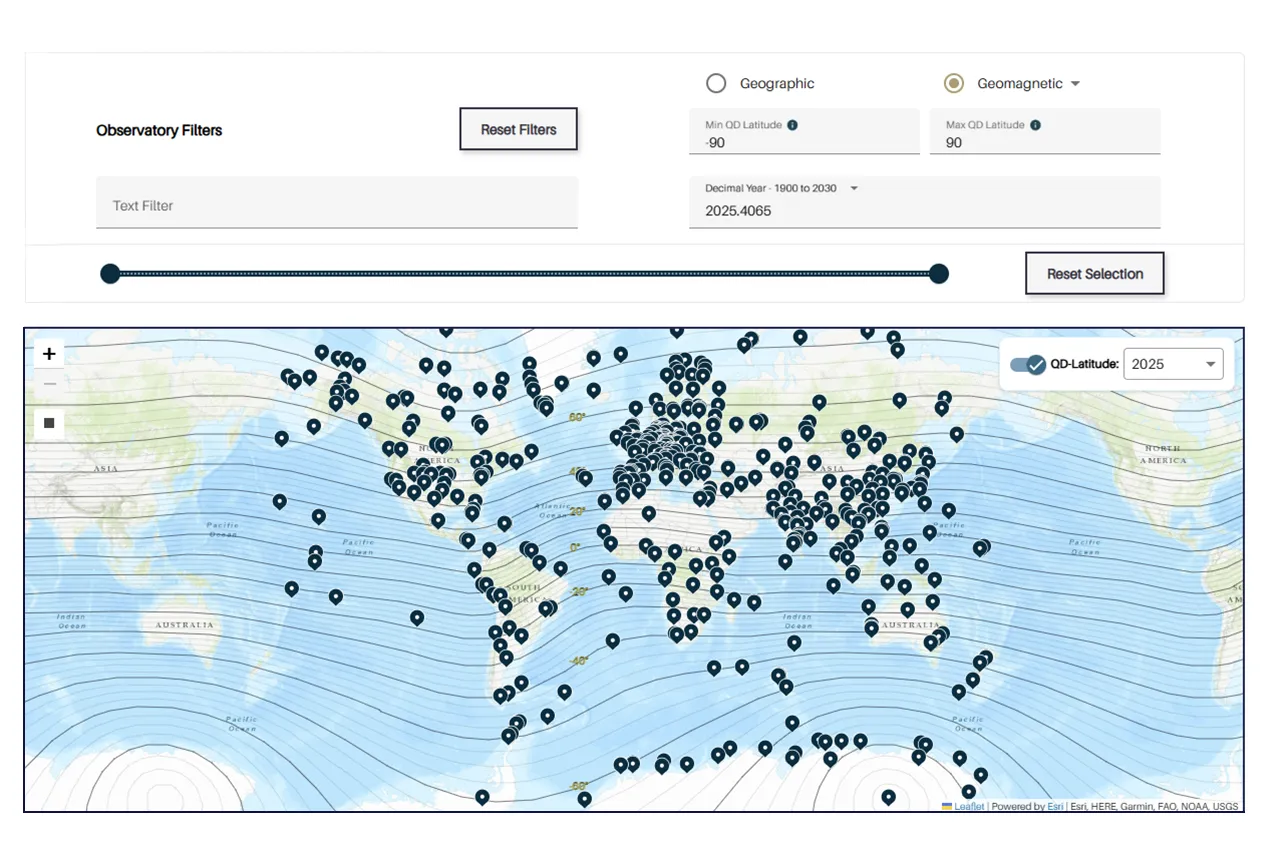
Upgraded web portal improves access to geomagnetism data
02/06/2025
BGS’s geomagnetism portal, which holds data for over 570 observatories across the world, has received a significant update.

BGS digital geology maps: we want your feedback
29/05/2025
BGS is asking for user feedback on its digital geological map datasets to improve data content and delivery.

What is the impact of drought on temperate soils?
22/05/2025
A new BGS review pulls together key information on the impact of drought on temperate soils and the further research needed to fully understand it.
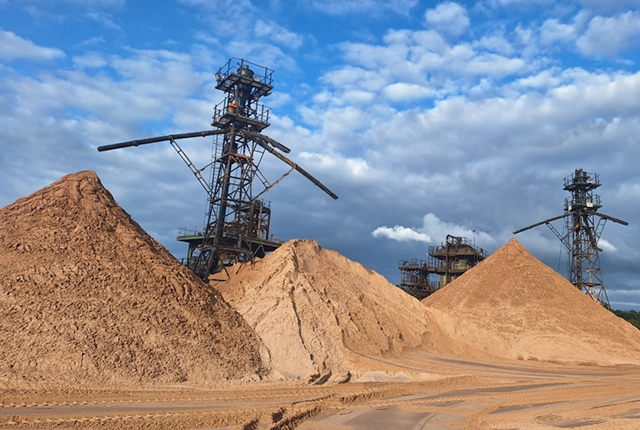
UK Minerals Yearbook 2024 released
21/05/2025
The annual publication provides essential information about the production, consumption and trade of UK minerals up to 2024.

BGS scientists join international expedition off the coast of New England
20/05/2025
Latest IODP research project investigates freshened water under the ocean floor.

New interactive map viewer reveals growing capacity and rare earth element content of UK wind farms
16/05/2025
BGS’s new tool highlights the development of wind energy installations over time, along with their magnet and rare earth content.
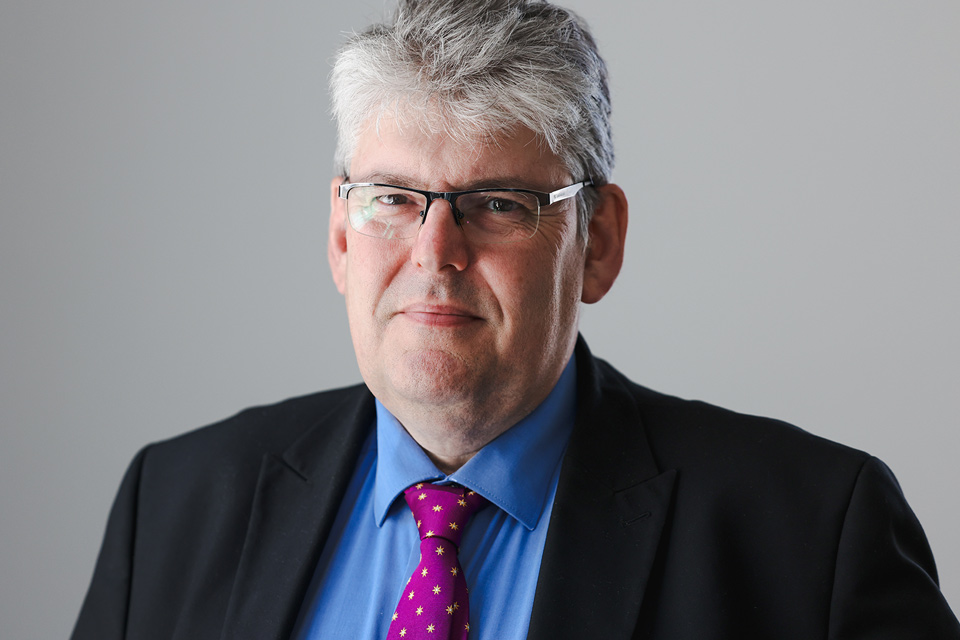
UKRI announce new Chair of the BGS Board
01/05/2025
Prof Paul Monks CB will step into the role later this year.




